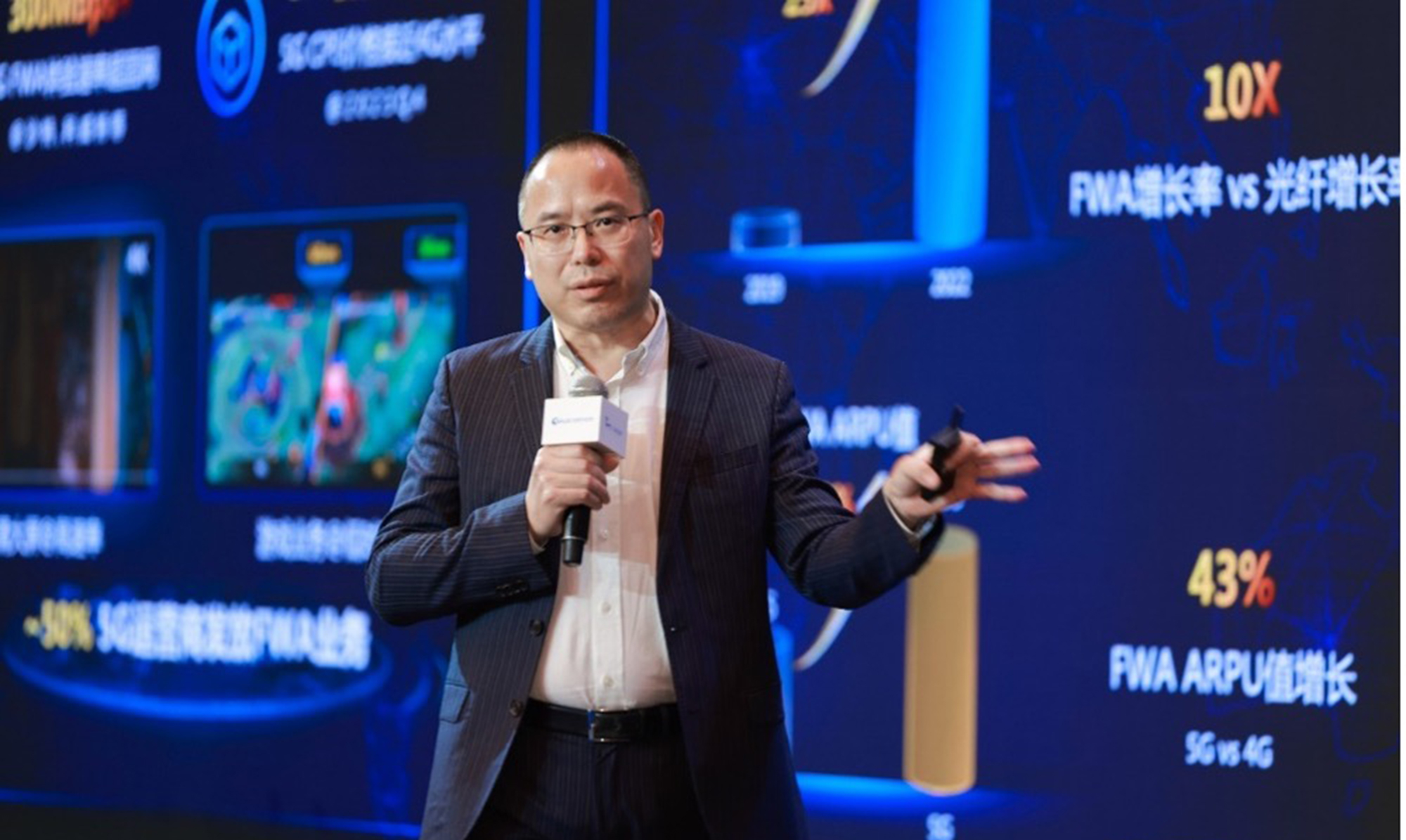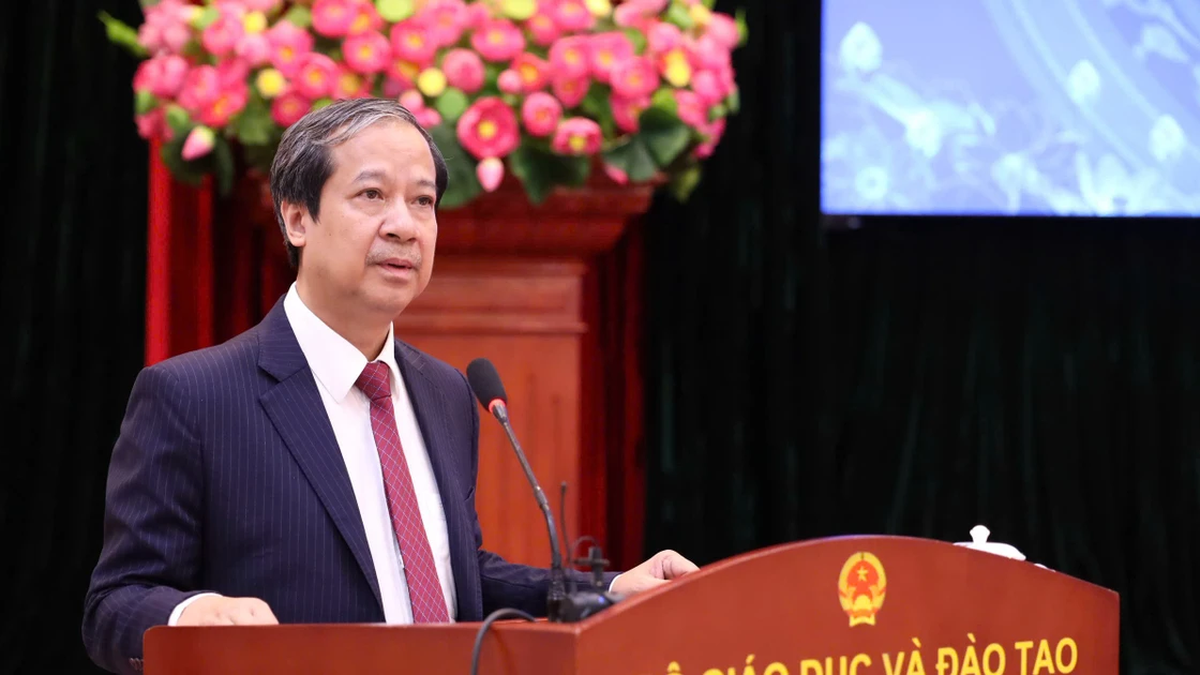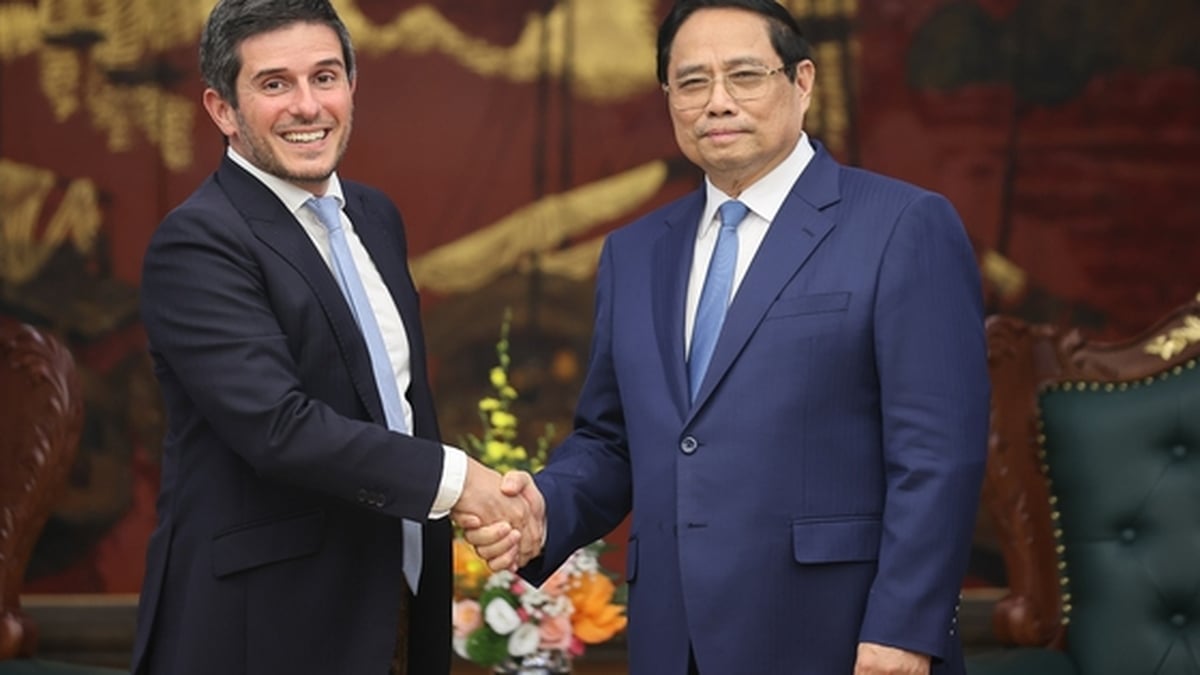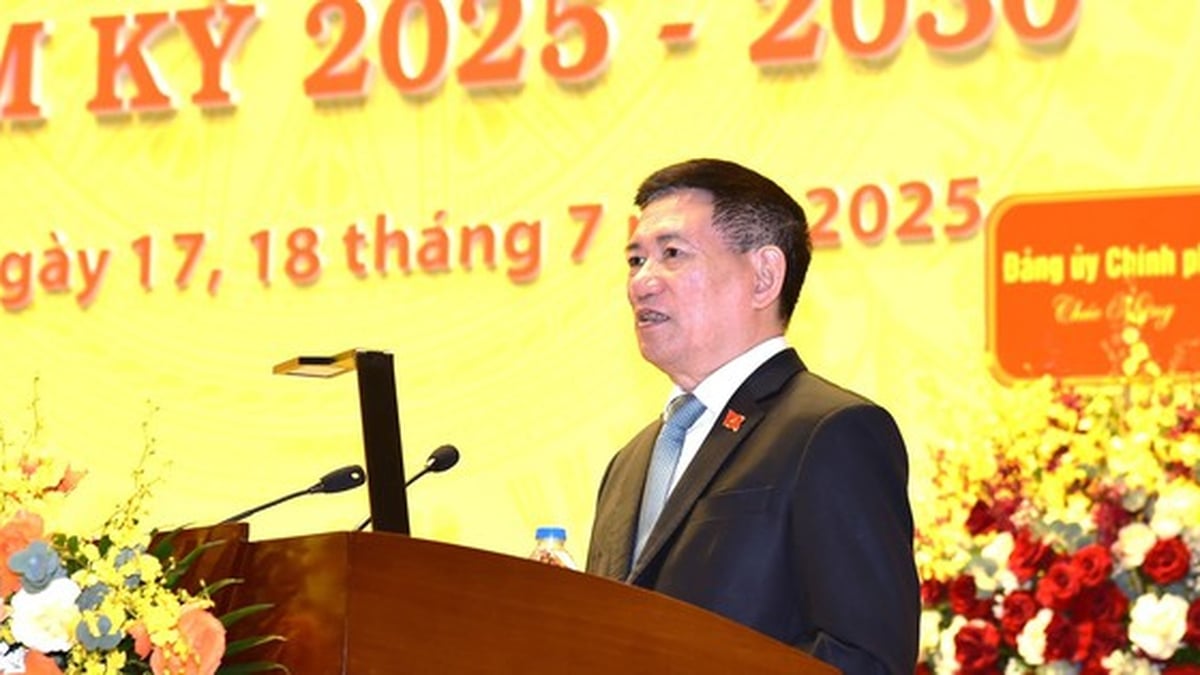Commercial 5G networks were officially deployed in China in 2019 through four major mobile carriers. After four years of development, Beijing is aiming for upgraded 5G technology (commonly known as 5.5G) with the advantages of lower energy consumption, enhanced computing capabilities, and good support for artificial intelligence and metaverse applications.
Shanghai, one of the most developed cities in China, also plans to boost the metaverse industry to exceed $6.94 billion by 2025. The city is working on a "Shanghai Format" strategy focusing on 5G, AI, metaverse and enhancing the experience of autonomous driving, according to Wang Tianguang, director of the Shanghai Communications Bureau.

Mr. Cao Ming assessed that 5G is an important driving force for the development of the digital economy .
As of March 2023, China had nearly 2.85 million 5G stations nationwide, accounting for 25.3% of the total number of base stations here and more than 43% of mobile internet access data on the 5G platform. By the end of May 2023, the number of mobile users using 5G in the country of one billion people reached 651 million, equivalent to 38.1% of mobile subscribers.
At the 5G network technology development discussion forum organized by Huawei in Shanghai (China) on June 27 ahead of the MWC Shanghai event (taking place on June 28 in Shanghai), a representative of China Mobile - China's largest network operator said that the 5.5G network will have new applications such as AI, metaverse as well as go deeper into supporting more industries, not just stopping at network technology serving telecommunications. Mr. Li Huidi, Executive Vice President of China Mobile, considers the 5.5G network as the "AI intelligent, cloud-integrated, low-carbon and efficient" wireless mobile network technology of the future.
Applications on the 5G platform have covered more than 60% of various industrial sectors related to the national economic development process, including industrial internet, smart cities, information consumption, public security, oil and gas, smart energy, education, healthcare, agriculture , logistics, mining, etc.
As the first new infrastructure to support the development of the digital economy, 5G has been deployed faster than any previous generation of mobile communications technology since its commercial use in the past four years, becoming a powerful driver for the development of the digital economy. Cao Ming, President of Huawei's Wireless Network Product Department, said that 5G has changed the lives and work of everyone, becoming an important driver for the development of the digital economy, enabling operators to achieve business success.
The leader assessed that 5G helps improve personal experiences while promoting data consumption, increasing average revenue per user (ARPU). For example, in Thailand, Mr. Cao Ming said that on average, a user here uses 30 GB of data with an ARPU of 15 USD when using the 4G/LTE network, but switching to the 5G network, the above figures increase by 50 GB and 17 USD, respectively, equivalent to nearly double growth in terms of data usage and about 15% more for ARPU.
"5G networks will enter a new stage of industry upgrade and convergence development. The next three to five years will be a crucial period for the expansion of 5G applications in China and even around the world . 5G network development is facing new opportunities and strategic tasks, which need to be shared by all parties in the industry. We will promote innovation and explore global applications, promote the maturity of new industries and ecosystems, and build the prosperity of the 5G ecosystem," said Cao Ming.
Source link



































































































Comment (0)